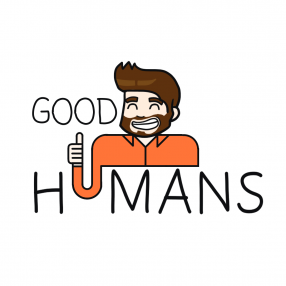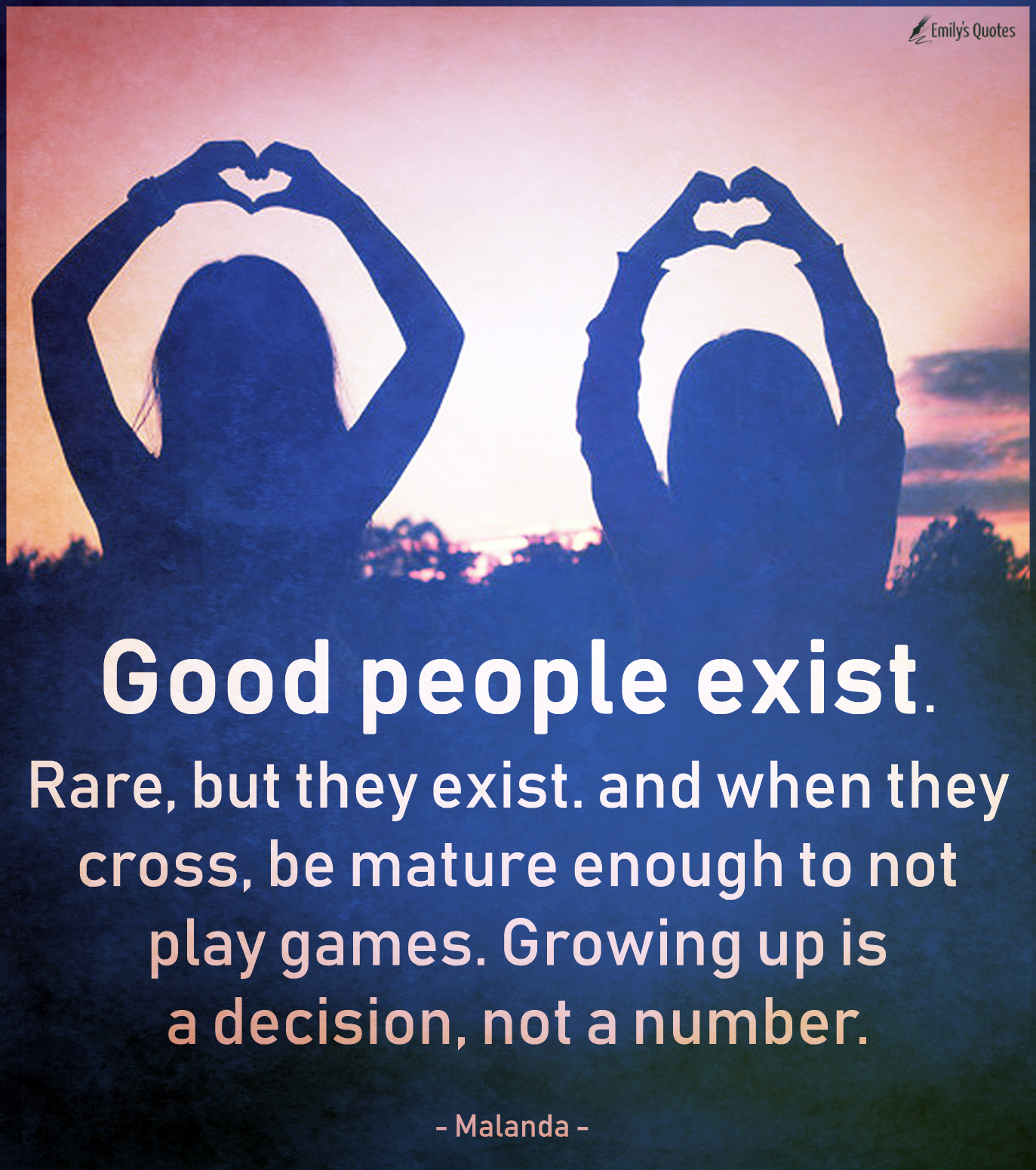Humans are good

In our recent studywe compared how face masks or sunglasses affect our ability to determine different emotions compared with the accuracy of artificial systems.
Risks of using algorithms to read emotion
The study used full and partial masks and sunglasses to obscure parts of the face. Author provided We presented images of emotional facial expressions and added two different types of masks — the full mask used by frontline workers and a recently introduced mask with a transparent window to allow lip reading.

Our findings show algorithms humans are good people both struggle when faces are partially obscured. But artificial systems are more likely to misinterpret emotions in unusual ways. Artificial systems performed significantly better than people in recognising emotions when the face was not covered — But depending on the type of covering, the accuracy for both people and artificial systems varied. For instance, sunglasses obscured fear for people while partial masks helped both people and artificial systems to identify happiness correctly.
Decoding facial expressions
Importantly, people classified unknown expressions mainly as neutral, but artificial systems were less systematic. They often incorrectly selected anger link images obscured with a full mask, and either anger, happiness, neutral, or surprise for partially masked expressions.
Decoding facial expressions Our ability to recognise emotion uses the visual system of the brain to interpret what we see. Together with the context of a particular situation social interaction, speech and body movement and our understanding of past behaviours uri ng tayutay sympathy towards our own feelings, we can decode how people feel.

A system of facial action units has been proposed for decoding emotions based on facial cues. Both artificial systems and people are compromised in categorising emotions when faces are obscured. Author provided In contrast, artificial systems analyse pixels from images of a face when categorising emotions.

They pass pixel intensity values through a network of filters mimicking the human visual system. The finding that artificial systems misclassify emotions from partially obscured faces is important. It could lead to unexpected behaviours of robots interacting with people wearing face masks.]

![[BKEYWORD-0-3] Humans are good](https://i.redd.it/hwqh1k855oz21.jpg)
Opinion you: Humans are good
| Humans are good | Paraphrasing essay |
| STANDARDS OF HISTORY | 674 |
| In eriksons psychosocial theory of development, the stages are known as | Diana Case Study Case Studies |
| Humans are good | 1 day ago · People are chatting through your Microsoft Teams call? It's probably a good sign. Microsoft's remote work app investigation finds you should just let people chat in text while on a video meeting. 3 days ago · Welcome to Good Humans by me, Ali Rohde. Investor & operator Sign up now so you don’t miss the first issue. In the meantime, tell your friends! 2 days ago · Robots are more likely than people to misclassify emotions when reading faces that are partially covered. This could lead to unexpected behaviours when they interact with people . |

Hunkpapa Essays
2021-10-17
Malami
It is an amusing piece

Category
Best Posts
- E Marketing On Hospitality Industry
- Are Children Growing Up Too fast
- juvenile delinquency problems
- Rousseaus Role Of Assembly In The French
- Christmas My Favorite Time Of The Year
- write my custom paper
- Moral Theoretical Analysis Of Evangelii Gaudium
- The Advancement And Adoption Of Technology
- Why I Want To Play Basketball
- international development personal statement 2
- Inequality In The Bean Trees And Hard
- dissertation proofreading
- The And Of The Frog Prince Put
- Flour Milling And Its Uses






 799
799